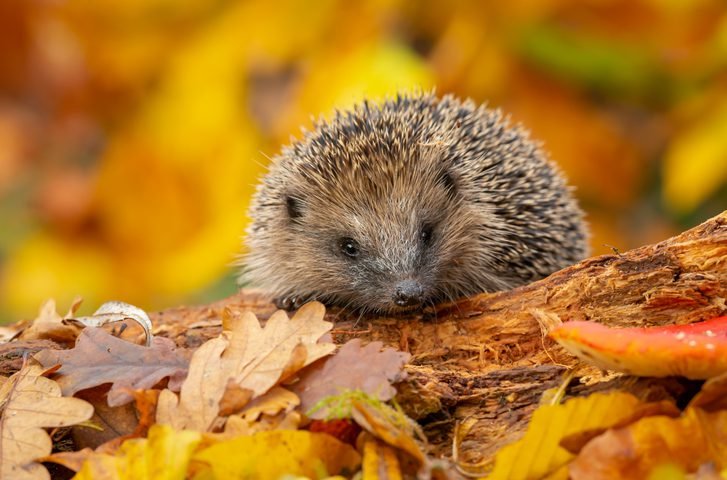Greater action, investment and embracing natural solutions are crucial to reversing biodiversity decline by 2030, according to a new report from the five UK statutory nature agencies.
The report’s publication marked the first anniversary of the Leader’s Pledge for Nature, which has been signed by over 80 Heads of State from around the world.
A call for ‘transformative change’
In Nature Positive 2030, Natural England (NE), Natural Resources Wales (NRW), NatureScot, Northern Ireland Environment Agency (NIEA) and the Joint Nature Conservation Committee (JNCC) set out how the UK can meet its commitments in the Leaders’ Pledge for Nature, and ensure that nature’s recovery plays a critical role in our path to net zero.
‘Nature recovery is within our grasp – we can become Nature Positive by 2030, provided we act now. We need to go high nature and low carbon, tackling the twin crises of biodiversity loss and climate change together, and today’s publication sets out how we can do this.
‘In the past year Heads of State from many countries, including from the UK, have made hugely important commitments to recover nature, in recognition that this is essential to our health, wellbeing and a sustainable, prosperous economy.
‘Achieving these commitments will require transformative change across society and in the way we protect, value, use and engage with nature. We believe these commitments are achievable and our report shows how we can succeed in becoming Nature Positive by 2030 as an essential milestone on the path to full nature recovery.’
TONY JUNIPER
Natural England chair
The benefits of nature
Findings from the joint report show that achieving nature commitments will deliver huge benefits to human health, wellbeing and our economy, and will require transformative change across society and in the way we protect, value, use and engage with nature.
The Nature Positive 2030 report draws on a wealth of experience and innovation in the UK to present solutions that can be scaled up to achieve change.
‘It is everyone’s responsibility to be nature positive. We know the twin crises of climate change and nature loss are inextricably linked – we do both, or do neither.
‘Scotland is stepping up to the challenges we face so that we can deliver our ambition of a nature positive future.
‘So, as we prepare to host COP26 in Glasgow, this is a crucial time to take bold, positive action for both nature and the climate.’
FRANCESCA OSOWSKA
NatureScot chief executive
The report showcases the importance of utilising natural solutions to tackle climate change, highlighting the essential role of nature in helping us survive our uncertain future and emphasising that nature’s ability to do so depends upon biodiverse ecosystems that are resilient to the changes ahead.
Delaying action for nature will lead to greater economic costs, and increased environmental risks.
The report also stresses the important role of nature in supporting human health and wellbeing, as demonstrated through the Covid-19 pandemic.
‘Restoring nature is our primary defence against climate breakdown, and this report demonstrates the collective ambition of all four nations of the UK to do just that.
‘While our window of opportunity is small, we know that real change can happen when governments, groups and individuals work together to protect our climate and natural world. Natural Resources Wales is committed to that effort.
‘We hope this report stimulates crucial conversations and triggers a wave of action amongst decision-makers around the world, providing an example to others of what it means to achieve environmental growth for the benefit of future generations.’
CLARE PILLMAN
Chief executive of Natural Resources Wales
 Play Video about This Rock Might Just Save The World
Play Video about This Rock Might Just Save The World Play Video about Play 2 hours of rock
Play Video about Play 2 hours of rock Play Video about Play 2 hours of brook
Play Video about Play 2 hours of brook Play Video about Play 2 hours of sheep
Play Video about Play 2 hours of sheep











































